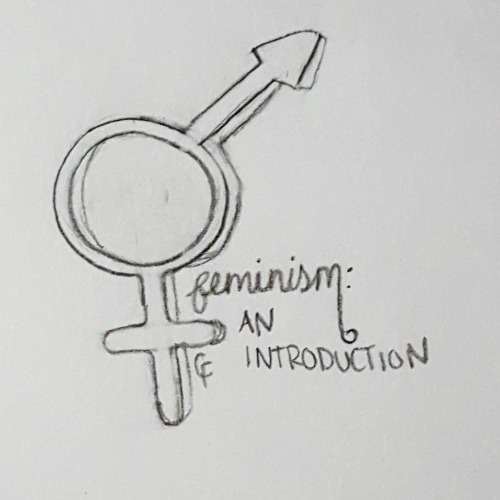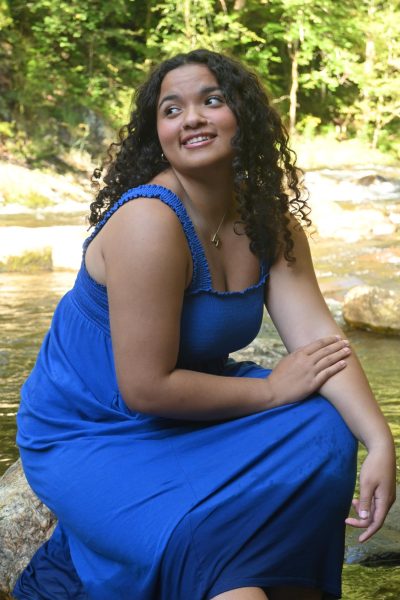feminism: an introduction

A drawing I created showcasing both feminine and masculine symbols.
“We cannot all succeed when half of us are held back.” -Malala Yousafzai
Introduction
People are always struggling to learn and create a better environment for future generations. Let me tell you about a huge group of people who aim for just that and how they are looked at in the wrong sense. Below are some Frequently Asked Questions that I will answer as simply as possible.
What is Feminism?
Feminism is the belief that everyone is equal and the practice of fighting for the humane rights of everyone.
Who can be a feminist?
Anyone can be a feminists as long as you believe that everyone should aim to be open minded to change and uplift people that are different.
What about men?
Don’t let the “feminine” in the word set you astray. There are plenty of people who do not identify as female that have announced that they are feminists. Having all kinds of varied people in the group helps the movement progress.
Why?
There are so many humans out there that do not get the health benefits and love that others do. Some countries downgrade the value of a group of people while they might uplift others. Let’s take unequal pay checks for example. Women are often paid less than men in the same job position. Or perhaps, we could look at rape charges and how few are followed through completely.
Another huge reason is because people get passed up opportunities because of the way they look. Someone of Muslim religion may be looked at as a terrorist and not allowed a job or shunned in public or in media. Black culture is often celebrated but black people are not.
Popular feminists?
Plenty of celebrities call themselves feminists. A few examples are Demi Lovato, Rowan Blanchard, Amanda Stenberg, Beyonce, and tons of other stars. Although, there are some cases when celebrity feminists put bad dirt on the word. And other cases where the bad connotation of feminism has turned celebrities away from it and have spoken against it.
Downsides to feminism?
The big downside to practicing feminism is the different thoughts about what it is and what it should deal with. For example, some perceive feminism as bra burning, men-hating women, which–for the record–is not what it is supposed to be like. There are some feminists who do burn bras and have a strong dislike for men but this does not affect the whole demographic. Some feminists are in healthy and loving relationships with men and some men are feminists.
Where can you learn more?
Actually, I am currently reading Here We Are by 44 feminists and edited by Kelly Jensen. After some research, Bad Feminist by Roxane Gay, We Should All Be Feminists by Chimamanda Ngozi Adichie, Full Frontal Feminism by Jessica Valenti, and The Color Purple by Alice Walker are starting feminism books that I will be reading soon and hope you will too in order to understand this topic more. Here are a few websites:
http://everydayfeminism.com/ learn more about the different issues feminists try to improve
http://feministing.com/ learn more about pop culture relating to feminism and how to make a change
https://theestablishment.co/about-us-f89150682217#.8yrmdxuhf learn about feminist news and read articles by feminists
But always be careful how you apply the facts you read to your life. If you see yourself as a feminist, it is your responsibility to define what and who are important to you and what you do to stand up for the feminist movement.




